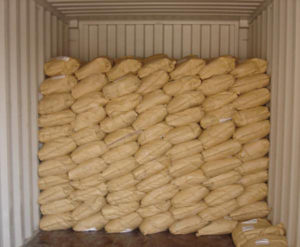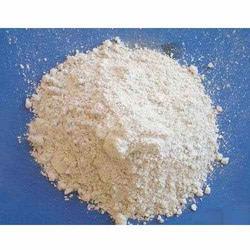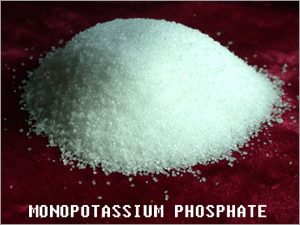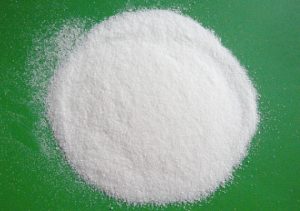Food grade Glycine E640 is mainly used as a nutritional supplement and food additive. It is also used in alcoholic beverages as an acid corrector or buffer for the composition of wine and soft beverage. Glycine is used as an additive for the making of salted vegetables and sweet jams, sauces, vinegar and fruit juice. This product functions as a stabilizer for cream cheese, margarine, fast cooked noodles, white flour and pig lard. Glycine E640 is a white crystalline powder that is odorless and has a peculiar sweetness.
Glycine is the smallest of the 20 amino acids commonly found in proteins. Glycine E640 is a proteinogenic amino acids widely used as nutritional supplements in food production, beverage, pharmaceutical, cosmetics, agriculture/animal feed, and various other industries.
- Pharmaceutical grade glycine is produced for some pharmaceutical applications, such as intravenous injections, where the customer’s purity requirements often exceed the minimum required under the USP grade designation. Pharmaceutical grade glycine is often produced to proprietary specifications and is typically sold at a premium over USP grade glycine.
- Technical grade glycine, which may or may not meet USP grade standards, is sold for use in industrial applications; e.g., as an agent in metal complexing and finishing. Technical grade glycine is typically sold at a discount to USP grade glycine.
In Animal and human foods
Other markets for USP grade glycine E640 include its use an additive in pet food and animal feed. For humans, glycine is sold as a sweetener/taste enhancer. Certain food supplements and protein drinks contain glycine. Certain drug formulations include glycine to improve gastric absorption of the drug.
In Cosmetics and miscellaneous applications
Glycine E640 serves as a buffering agent in antacids, analgesics, antiperspirants, cosmetics, and toiletries.
Many miscellaneous products use glycine or its derivatives, such as the production of rubber sponge products, fertilizers, metal complexants.
In Chemical feedstock
Glycine E640 is an intermediate in the synthesis of a variety of chemical products. It is used in the manufacture of the herbicide glyphosate. Glyphosate is a non-selective systemic herbicide used to kill weeds, especially perennials, and used in cut-stump treatment as a forestry herbicide.
In Research and Development
Glycine E640 is a significant component of some solutions used in the SDS-PAGE method of protein analysis. It serves as a buffering agent, maintaining pH and preventing sample damage during electrophoresis. Glycine is also used to remove protein-labelling antibodies from Western Blot membranes to enable the probing of numerous proteins of interest from SDS-PAGE gel. This allows more data to be drawn from the same specimen, increasing the reliability of the data, reducing the amount of sample processing, and number of samples required. This process is known as ‘stripping’.
In Anti-aging properties
Glycine treatment may help reverse the age-associated defects in human fibroblast. Two genes that regulate mitochondria, CGAT and SHMT2, were found to affect age-associated mitochondrial defects. By changing the regulation of these genes, could restore mitochondrial function or induce more defects in the fibroblast cell lines. In an interesting finding, the addition of glycine for 10 days to the culture medium of the 97 year old fibroblast cell line restored its respiratory function.





